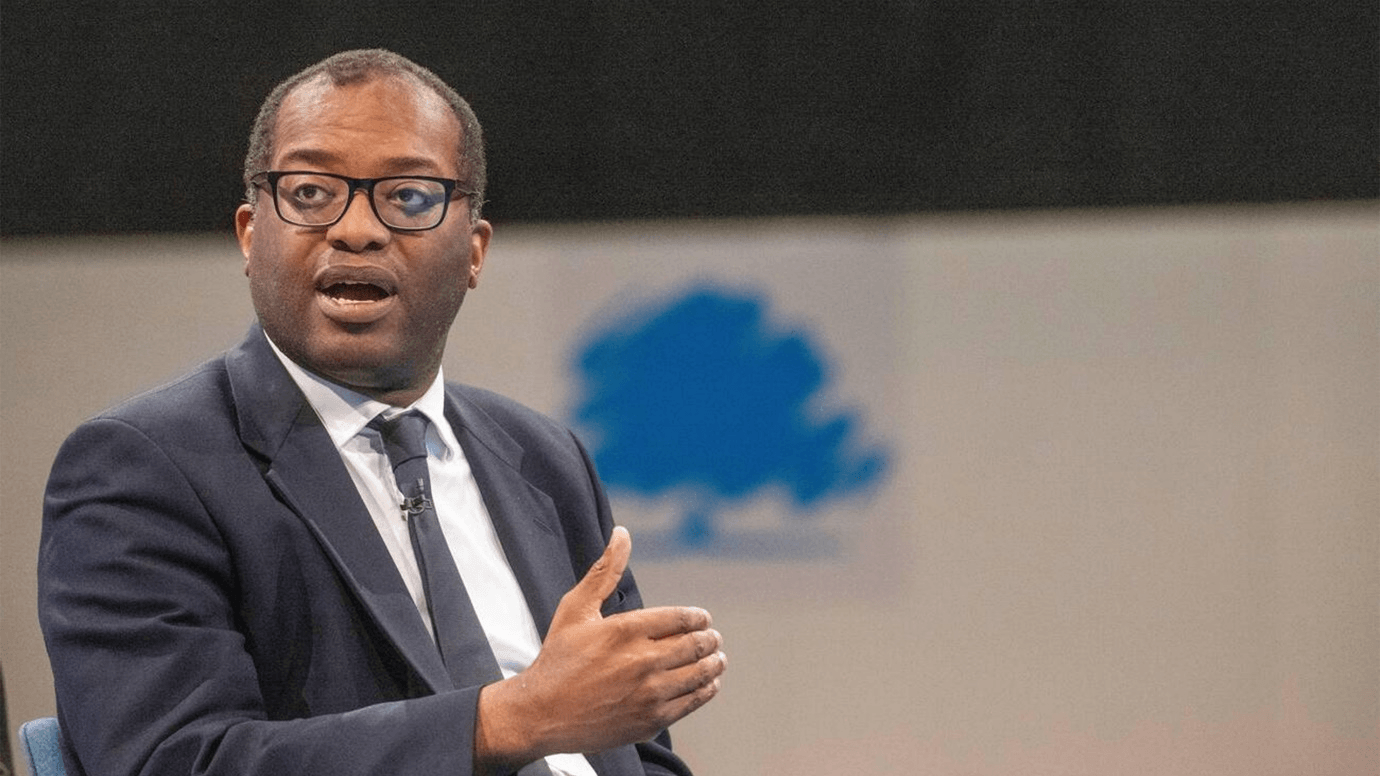
Why Skills-First Leadership Is Replacing the Ivy League Playbook in the C-Suite
The old prestige pyramid—where Ivy League degrees and blue-chip consulting backgrounds paved the way to the CEO seat—is cracking.

October 4, 2022: -On Monday, the U.K. government reversed a plan to scrap the top income tax rate after a public backlash and significant market turbulence.
The recent government had announced a swathe of tax cuts just weeks into its tenure, but financial markets poorly received them. Taking the top tax rate on incomes over £150,000 from 45% to 40% was witnessed as particularly politically toxic as Brits dealt with a cost-of-living crisis.
In the days after their announcement, the pound came down to an all-time low, mortgage deals were taken out from the market, and U.K. government bonds started to sell off at a historic rate, causing the Bank of England to start a temporary purchase program to calm volatility.
On Monday, Finance Minister Kwasi Kwarteng confirms that the government will scrap its plans to cut taxes for the highest earners in the country.
“It is clear that the abolition of the 45p tax rate has become a distraction from our overriding mission to tackle the challenges which face our economy,” Kwarteng said.
“As a result, I announce we are not proceeding with the abolition of the 45p tax rate. We get it, and we have listened.”
On Monday, the British pound increased on reports that the U.K. government was announcing a U-turn. Sterling was 0.8% surged against the dollar at one stage but came down to $1.1212 by 7:30 a.m. London time after the news was confirmed.
Jane Foley, the senior F.X. strategist at Dutch bank Rabobank, said: “Although U.K. assets are reacting well to the U-turn, they are far from being out of the woods.”
The Bank of England came into the U.K.’s bond market last week, suspending the planned start of its gilt selling and temporarily buying long-dated bonds.
Gilts are U.K. government bonds. Ten-year gilt yields the interest rate paid on bonds, which moves inversely to prices that increased at a record rate in September, which affects the instability in pension funds and mortgage issuances.

The old prestige pyramid—where Ivy League degrees and blue-chip consulting backgrounds paved the way to the CEO seat—is cracking.

Loud leaders once ruled the boardroom. Charisma was currency. Big talk drove big valuations.

But the CEOs who make history in downturns aren’t the ones with the deepest cuts

Companies invest millions in leadership development, yet many of their best executives leave within a few years. Why?

The most successful business leaders don’t just identify gaps in the market; they anticipate future needs before anyone else.

With technological advancements, shifting consumer expectations, and global interconnectedness, the role of business leaders

Following a distinguished Law Enforcement career Joe McGee founded The Securitatem Group to provide contemporary global operational specialist security and specialist security training products and services for private clients, corporate organisations, and Government bodies. They deliver a wide range of services, including complete end-to-end protection packages, close protection, residential security, protection drivers, and online and physical installations. They provide covert and overt investigations and specialist surveillance services with a Broad range of weapons and tactical-based training, including conflict management, risk and threat management, tactical training, tactical medicine, and command and control training.

Jay Wright, CEO and Co-Owner of Virgin Wines infectious energy, enthusiasm, passion and drive has been instrumental in creating an environment that encourages talent to thrive and a culture that puts the customer at the very heart of every decision-making process.

Fabio de Concilio is the visionary CEO & Chairman of the Board at Farmacosmo, a leading organization dedicated to mental health and community support services. With a deep commitment to identifying and meeting customer needs, Fabio ensures that high standards are maintained across the board.

Character Determines Destiny – so said Aristotle. And David CM Carter believes that more than anything else. For David, it has been numerous years of research into codifying Entelechy Academy’s 54 character qualities that underpin everything he stands for as a leader and teacher.


Leave us a message
Subscribe
Fill the form our team will contact you
Advertise with us
Fill the form our team will contact you